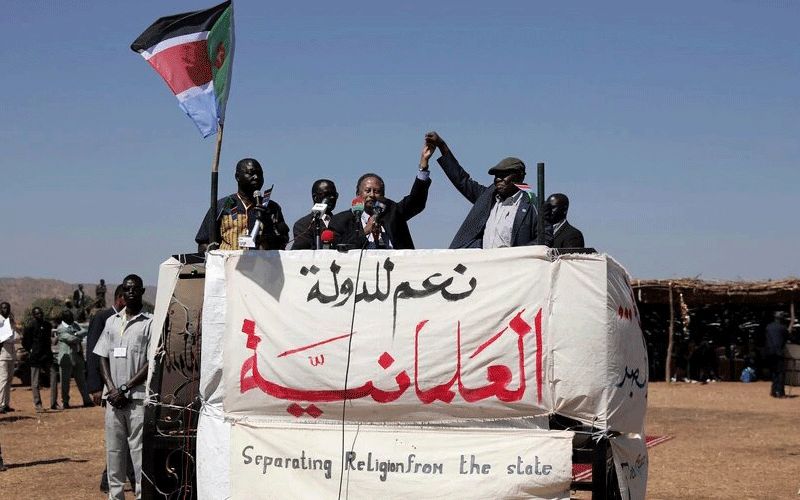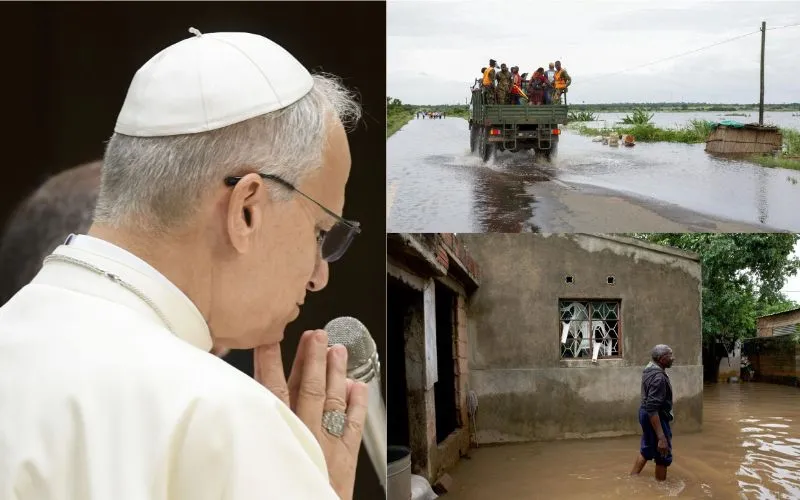El Obeid, 07 October, 2020 / 10:30 pm (ACI Africa).
The agreement to separate religion from the state after three decades of Islamic rule in Sudan is a matter that is still under discussion, according to a Catholic Prelate in the North-East African country.
In a recent interview with ACI Africa, Bishop Tombe Trille Kuku of Sudan’s El Obeid Diocese faulted local media for reporting that Sudanese can now practice their religion without fear.
As a background, Sudanese Prime Minister, Abdalla Hamdok and Abdel al-Hilu, the leader of the Sudan People’s Liberation-North rebel group, on September 3 signed a declaration in the Ethiopian capital, Addis Ababa that is allegedly aimed at putting an end to decades of Islamic rule in Sudan.
Reacting to media reports announcing the historic agreement, Bishop Tombe clarified that the signing was only the beginning of a dialogue on Sudan’s religion versus state matter.
“SPLM-North and the Prime Minister did not agree that there is a separation between the state and the religion but they have agreed that they are going to dialogue about this separation of state and religion,” Bishop Tombe told ACI Africa October 2.








